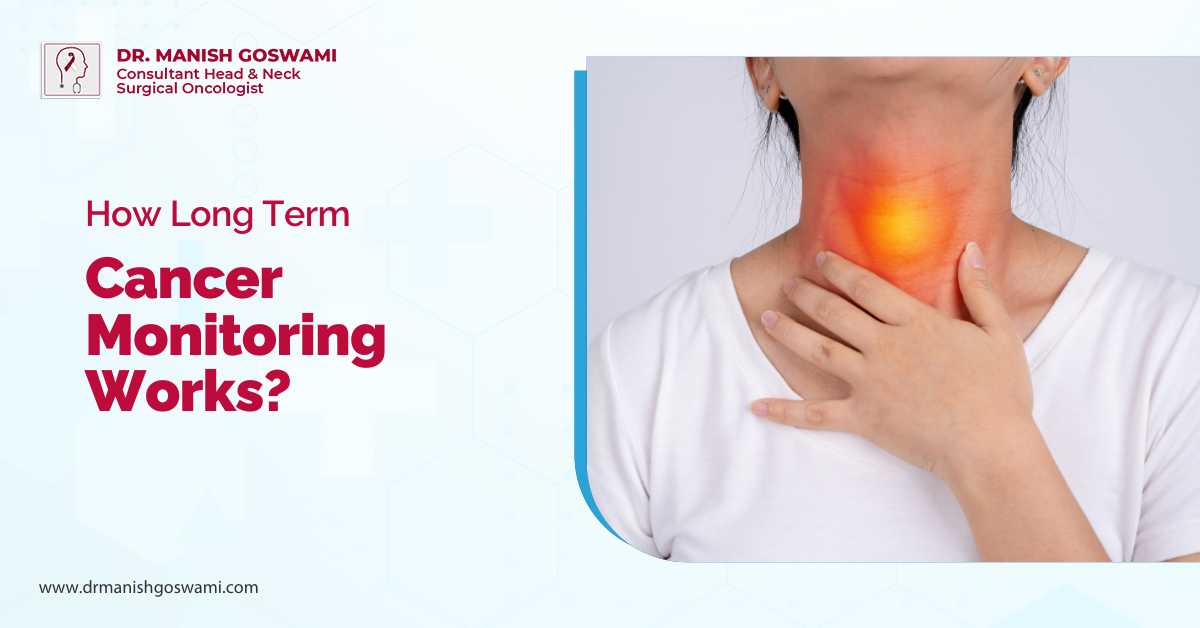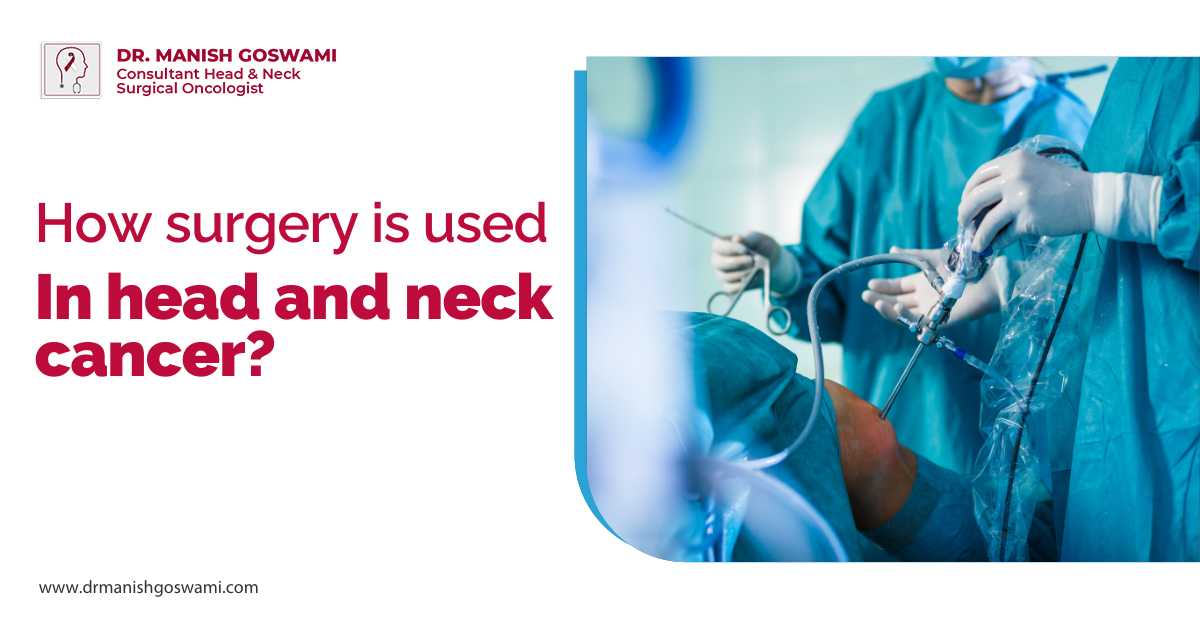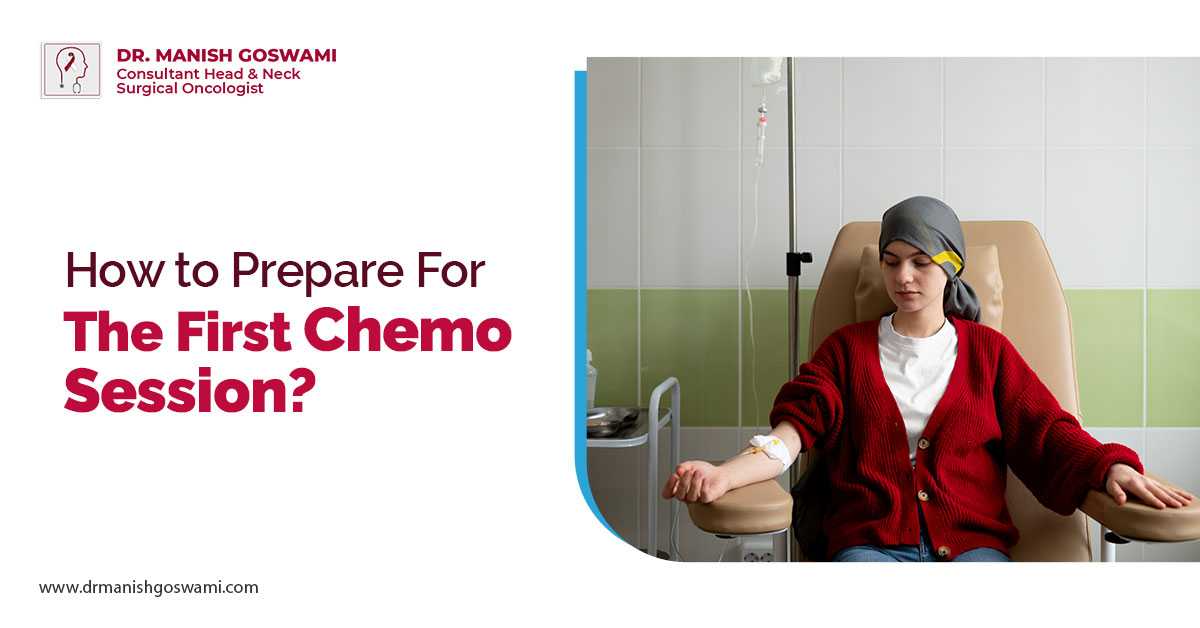If you are asked to go for a cancer screening, it’s completely normal to feel a little nervous, especially if it’s your first time. The complete process will be much easier for you if you know what will happen and how to prepare for it. Taking the step to get checked early can make all the difference; it’s a simple but powerful way to protect your health. This guide will also help you to find the best cancer doctor in Siliguri and understand the tests, how to get ready for them, and what to expect during your visit. This way, you can feel calm and ready for your screening.
What Are Tests for Cancer Screening?
Common Cancer Screening Tests
There are several types of cancer screening tests, each for a specific type of cancer. These tests vary in procedure, frequency, and preparation requirements. Here are the most common screenings:
- Blood Tests: Certain cancers, such as prostate or liver cancer, can sometimes be detected through specific blood markers. Blood tests may also be part of routine screening to monitor overall health.
- Imaging Tests: X-rays, mammograms, ultrasounds, and CT scans are used to detect abnormal growths or tumors in the body.
- Endoscopic Tests: Colonoscopies and sigmoidoscopies allow doctors to look inside the digestive tract to detect colon cancer or precancerous polyps.
- Physical Exams: Routine check-ups and screenings for skin changes, lumps, or unusual symptoms are also part of cancer prevention.
- Pap Smears and HPV Tests: For cervical cancer, Pap smears and HPV testing help detect abnormal cell changes before they become cancerous.
By understanding the type of screening test you need, you can prepare and reduce anxiety on the day of the procedure.
Key Cancer Screening Tests by Type
Different cancers require different screening methods. Here’s a detailed look at the key cancer screening tests by type:
- Breast Cancer: Mammograms are the most common screening method. Women are generally advised to start regular mammograms between the ages of 40-50. Clinical breast exams and self-exams are also recommended.
- Cervical Cancer: Pap smears and HPV tests are used to detect abnormal cervical cells. Screening usually begins at age 21 and continues at intervals advised by your doctor.
- Colorectal Cancer: Colonoscopies, fecal occult blood tests, and sigmoidoscopies are common for detecting colon cancer. Screening typically begins at age 45-50, depending on risk factors.
- Prostate Cancer: The PSA (Prostate-Specific Antigen) blood test is used to detect early prostate cancer, particularly in men over 50 or those with a family history.
- Lung Cancer: Low-dose CT scans are often recommended for older adults with a history of heavy smoking.
-
Skin Cancer: Dermatological exams and skin checks help detect melanoma and other skin cancers early.
How to Detect Cancer at an Early Stage?
Early detection is the cornerstone of successful cancer treatment. Here are strategies to improve your chances of detecting cancer early:
- Follow Screening Guidelines: Adhering to recommended screening schedules for your age and risk group is critical. Regular screenings catch abnormalities before they progress.
- Know Your Risk Factors: Family history, lifestyle choices, and pre-existing conditions can increase your risk. Inform your healthcare provider about these factors.
- Be Aware of Symptoms: Even though screenings are for asymptomatic individuals, being alert to unusual changes like unexplained weight loss, persistent fatigue, or lumps can prompt earlier testing.
- Adopt a Healthy Lifestyle: A balanced diet, regular exercise, limiting alcohol, and avoiding tobacco reduce the risk of several cancers. Early detection works best when combined with healthy living.
- Document Health Changes: Keep a journal of any unusual symptoms, changes in skin, or digestive issues to share with your doctor.
The Importance of Cancer Screening
- Reduces Mortality Rates: Studies consistently show that regular screening reduces deaths from common cancers like breast, cervical, and colorectal cancer.
- Catches Cancer Early: Early-stage cancers are usually easier to treat, less invasive, and have higher success rates.
- Prevents Cancer Development: Some screenings, like colonoscopies, can remove precancerous growths before they develop into full-blown cancer.
- Supports Better Quality of Life: Early detection and treatment reduce the physical, emotional, and financial burden associated with advanced cancer.
- Empowers You: Screening gives you valuable information about your health, allowing you to make informed decisions and lifestyle adjustments.
How to Prepare for a Cancer Screening Test?
Preparing for a cancer screening test involves several steps to ensure accuracy and comfort:
- Understand the Test: Ask your healthcare provider about the procedure, duration, and any preparation required.
- Follow Instructions Carefully: Some tests require fasting, avoiding certain medications, or dietary restrictions. Stick to these guidelines strictly.
- Prepare Mentally: Practice relaxation techniques such as deep breathing or meditation to reduce anxiety. Bringing a support person can also help.
- Dress Comfortably: Wear loose-fitting clothes and avoid jewelry or accessories that could interfere with tests.
- Bring Documents: Carry your ID, insurance card, medical history, and any previous test results.
-
Plan Post-Test Care: Schedule downtime if the test may cause mild discomfort or fatigue. Bring snacks and water if fasting is required.
What You Should Remember?
Cancer screening is a critical part of preventive healthcare. By following proper preparation steps, adhering to guidelines, and understanding the purpose and types of screening tests, you can reduce anxiety and take charge of your health.
-
Screening tests detect cancer early, often before symptoms appear.
-
Different cancers require different screening methods.
-
Following your doctor’s instructions ensures accurate results.
-
Early detection significantly improves treatment outcomes and survival rates.
-
Regular screening, combined with a healthy lifestyle, is the most effective approach to preventive healthcare.
If you are planning to visit a cancer doctor in Siliguri, make sure to schedule your screenings on time and follow all the preparation steps your doctor recommends. Staying informed and proactive gives you peace of mind and helps you take better care of your health.
Conclusion





